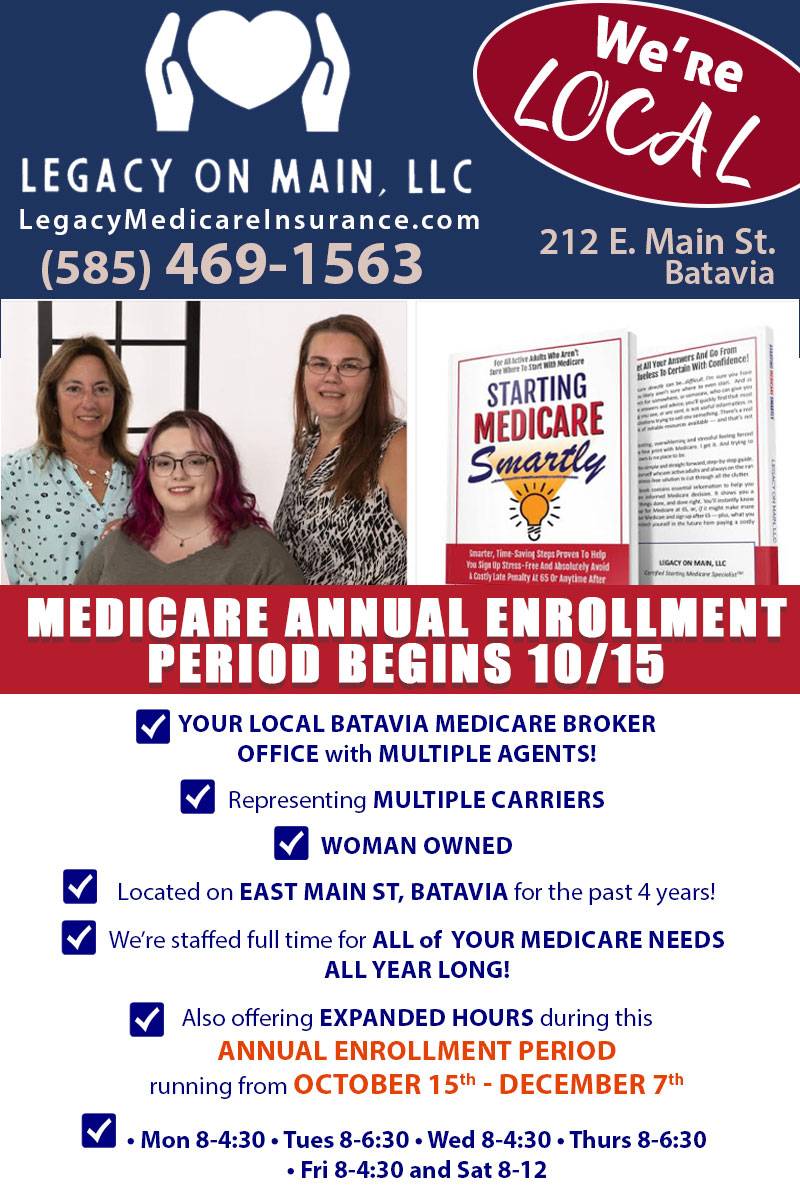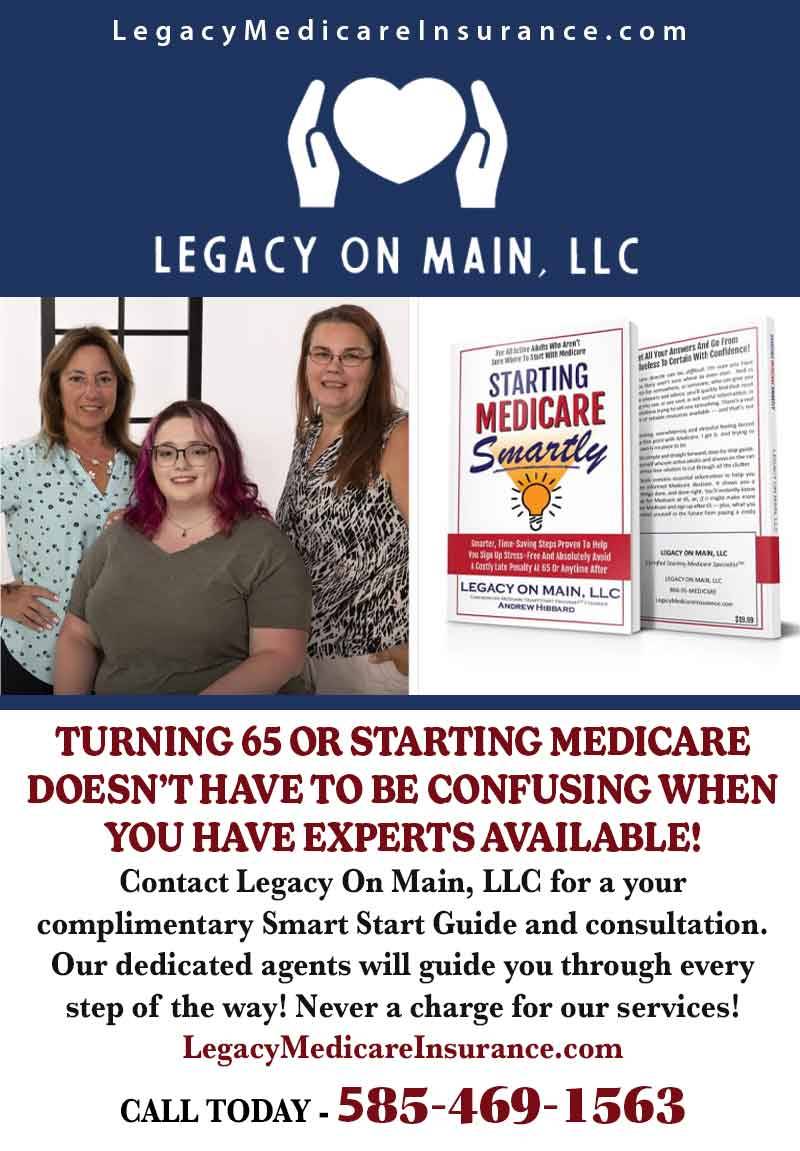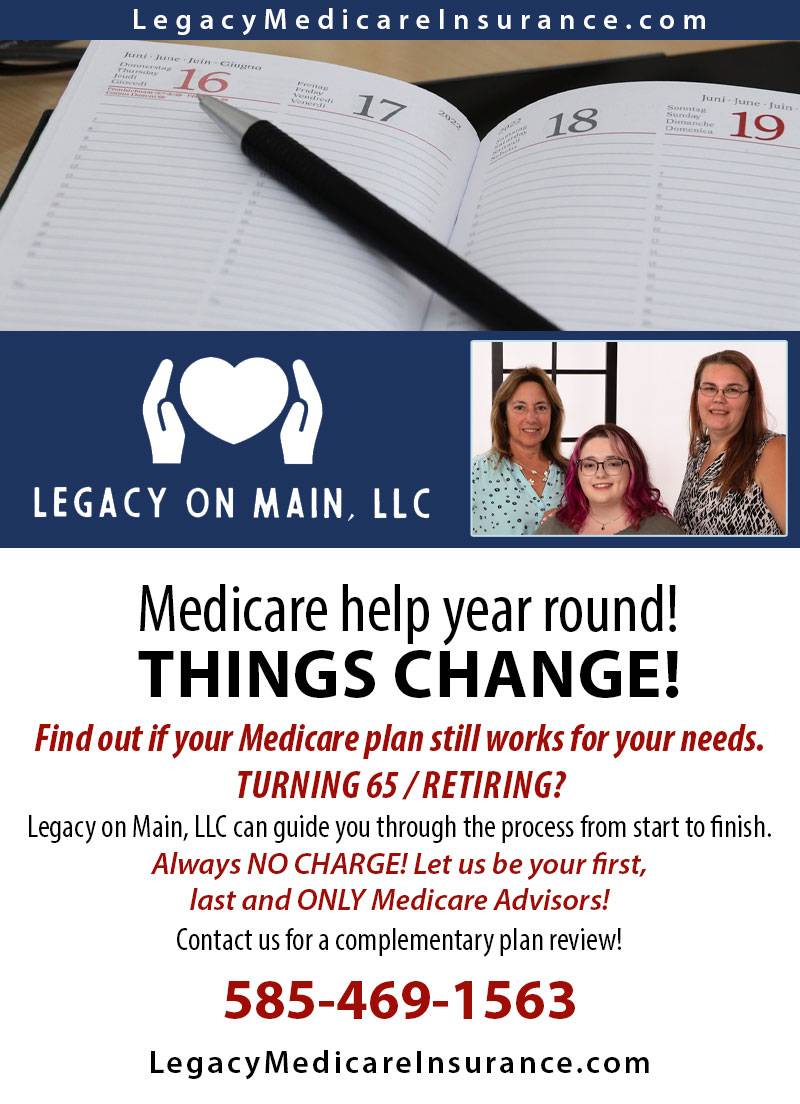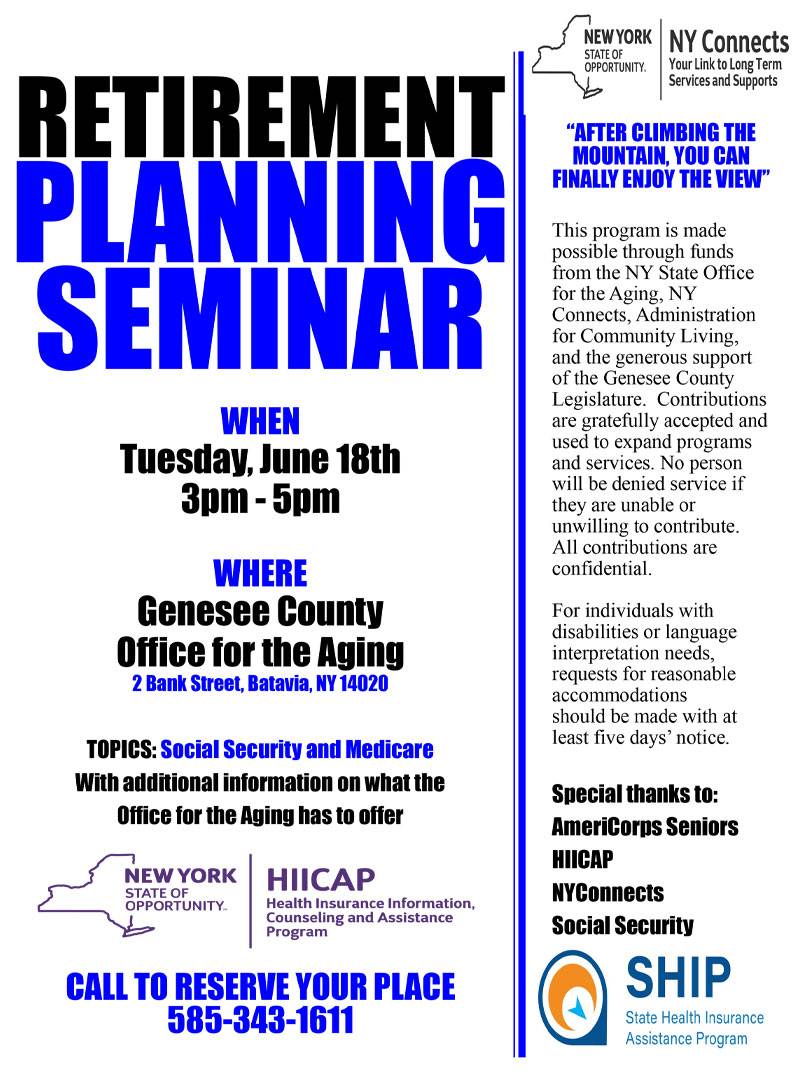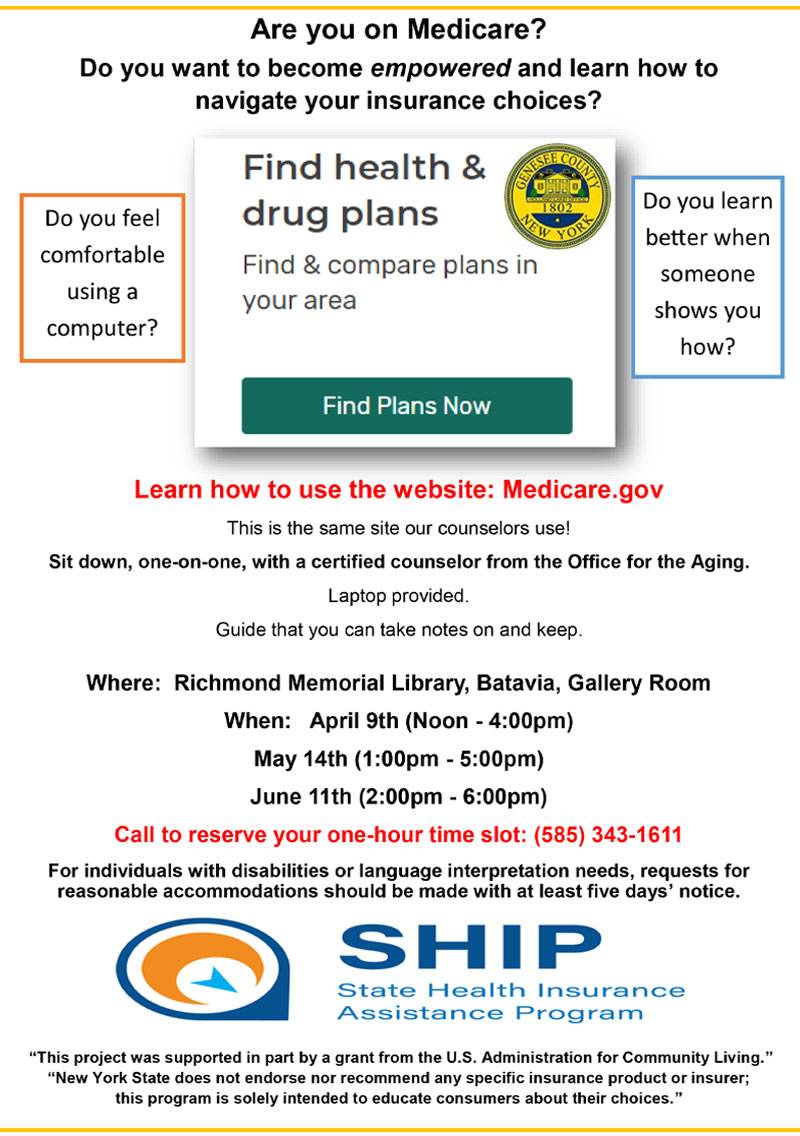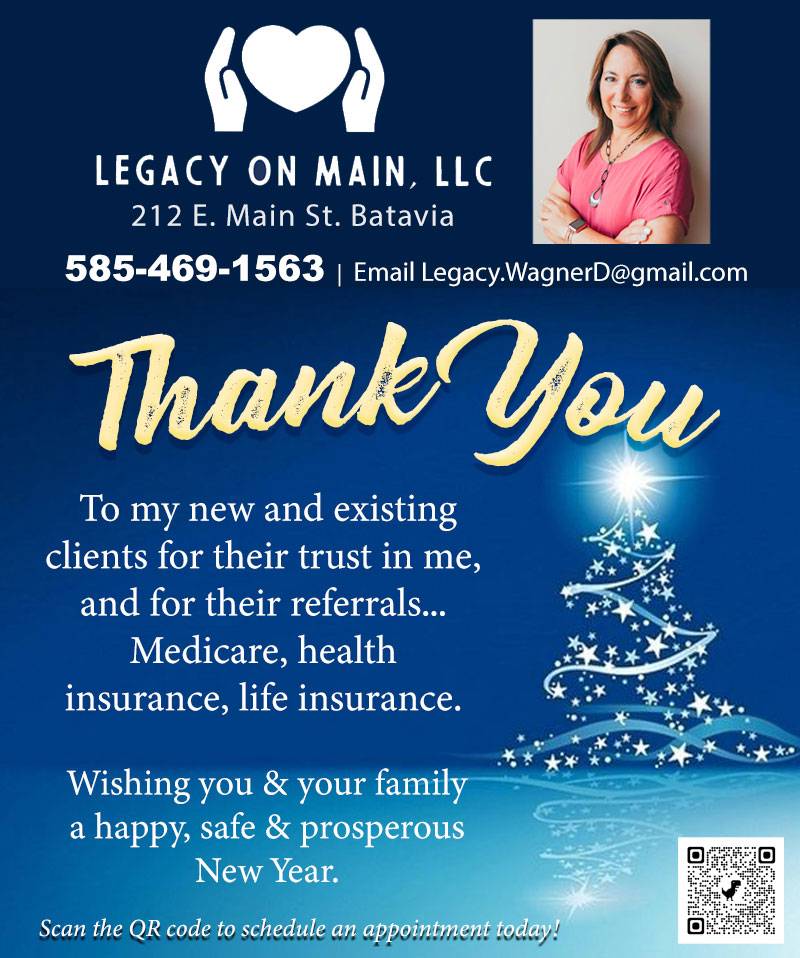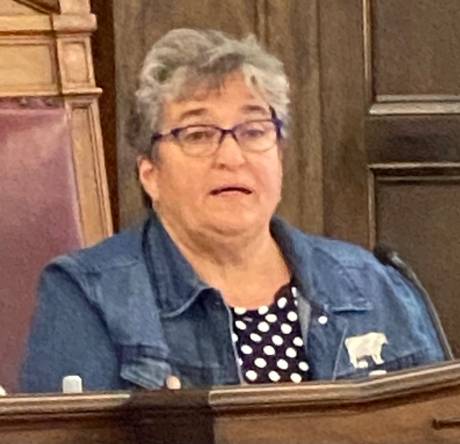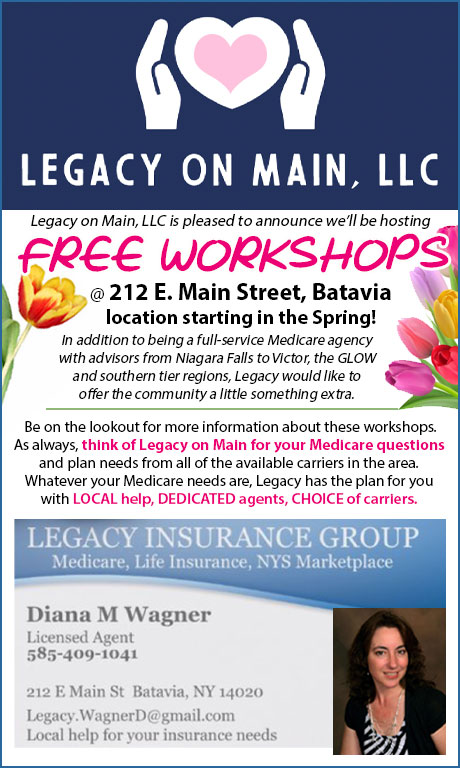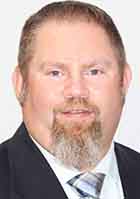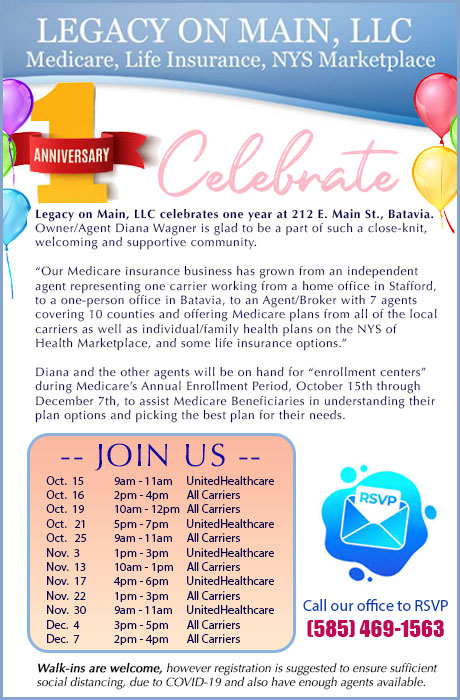Press release:
Noting that the clock is ticking, U.S. Senator Charles Schumer called on the Trump Administration to extend the nation’s public health emergency declaration first issued this past winter to address the COVID-19 pandemic.
Schumer warned that the declaration will expire on July 25th unless the feds soon act, and reminded that executive branch delay on the emergency declaration this past winter set us back in the COVID fight.
Schumer said Health and Human Services (HHS) should announce an extension ASAP and give locals across New York the reassurances they need to keep the COVID fight going. Schumer cautioned, that without action, New York stands to lose collective billions in state and local healthcare funds, FEMA disaster dollars and even tele-health services, like those for Hospice and everyday healthcare.
“If we have learned anything from COVID-19 it is that a ‘stitch in time saves nine,’ and the more we can do to be proactive, the better off the public will be,” Schumer said. “This past winter there was delay and dismissal towards those urging HHS to officially declare a public health emergency as it relates to the coronavirus.
"Well, we cannot -- and we must not -- have that kind of inaction and uncertainly now, especially with what we know and with the sustaining needs of New York. We need the public health emergency extended ASAP to keep healthcare dollars and FEMA funds flowing to this state, and we need the declaration to keep our local health departments fully supported. The clock is ticking as July dawns, so we need this action now.”
Aside from the very clear public health consequences, Schumer said New York would lose billions of dollars collectively if the Trump administration fails to extend the public health emergency declaration. Just last week, more than $300,000,000 in federal healthcare dollars were dispersed across New York State.
Those funds are part of a combined $2.5 billion in the pipeline and already secured for New York as part of the Families First Coronavirus stimulus package, which are tethered to the emergency declaration.
In addition, as of June 1, FEMA had obligated over $1.1 billion to New York under the state’s COVID Major Disaster Declaration and the agency is looking to the public health emergency declaration to define how much longer it will continue reimbursing New York, and in particular New York City, for related expenses. Should the public health emergency end, FEMA has indicated that the funds flowing from the Disaster Relief Fund will also stop.
“New York is by no means out of the woods with the coronavirus, especially given the upticks we are seeing in other states and the risk those upticks pose here when you take travel into account,” Schumer added. “Extending this declaration will keep New York positioned to both respond and to keep fighting.”
In addition, Schumer also detailed the CDC’s Infectious Disease Rapid Response Reserve Fund, which without an emergency extension would be locked up like it was before the first declaration was made at the beginning of the year. The account’s funds are being used to support local health departments and increased staffing across the city and on Long Island.
Schumer explained that these dollars could also be used by the CDC for, amongst other things:
- Epidemiological activities, such as contact tracing and monitoring of cases;
- Additional or enhanced screenings, like at airports;
- Support for state and local health departments;
- Public awareness campaigns;
- Increased staffing.
Schumer also explained how the emergency declaration has allowed vulnerable and high-risk patients to avoid potential exposure to the coronavirus at hospitals and health centers by expanding federal eligibility to receive routine care through telehealth and digital care.
Federal support and coverage for this type of medical care has saved countless lives because clinicians can use tele-health to fulfill many face-to-face visit requirements to see patients, says Schumer, adding that this has been one of the main requests of in inpatient rehabilitation facilities, hospice and home health professionals who are now using apps with audio and video capabilities to have patients visit with their doctors or practitioners.
Finally, Schumer listed other necessities that would cease unless the public health emergency is extended:
- Nutrition assistance for kids who would normally receive free or reduced lunch in school would cease;
- Access to SNAP would be restricted;
- Seniors who rely on Meals on Wheels would see their access to food restricted;
- A massive restriction on assistance hospitals and doctors rely on to keep their doors open during the crisis;
- Reduced access for out of work individuals to receive Pandemic Unemployment Assistance;
- Reduced access to prescription drugs for seniors on Medicare.

